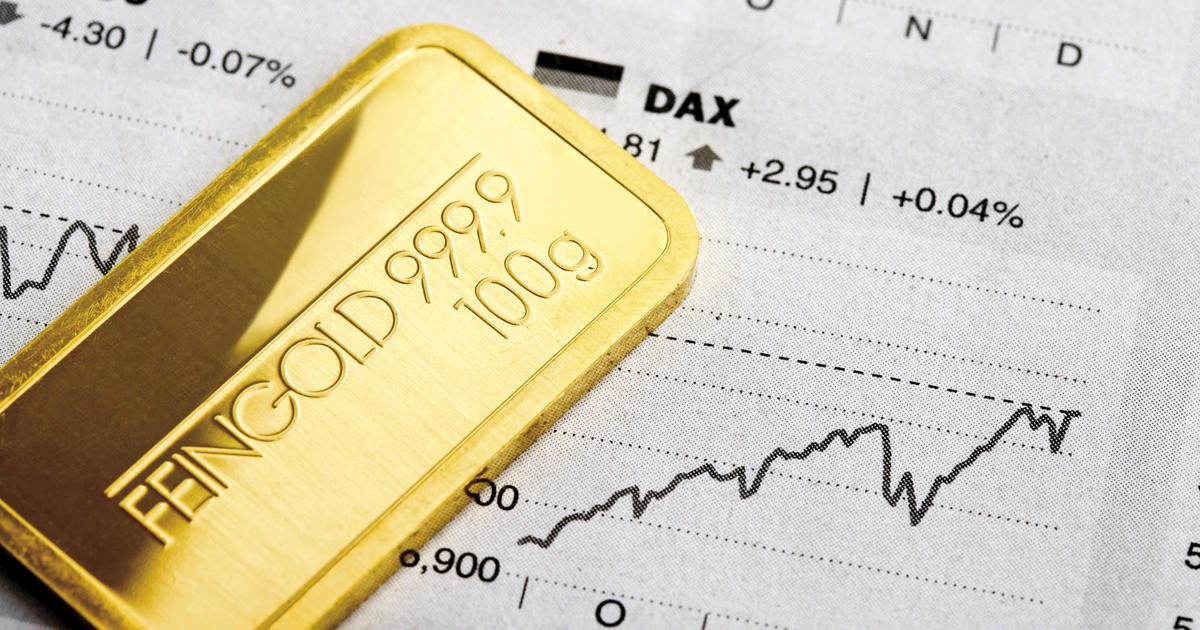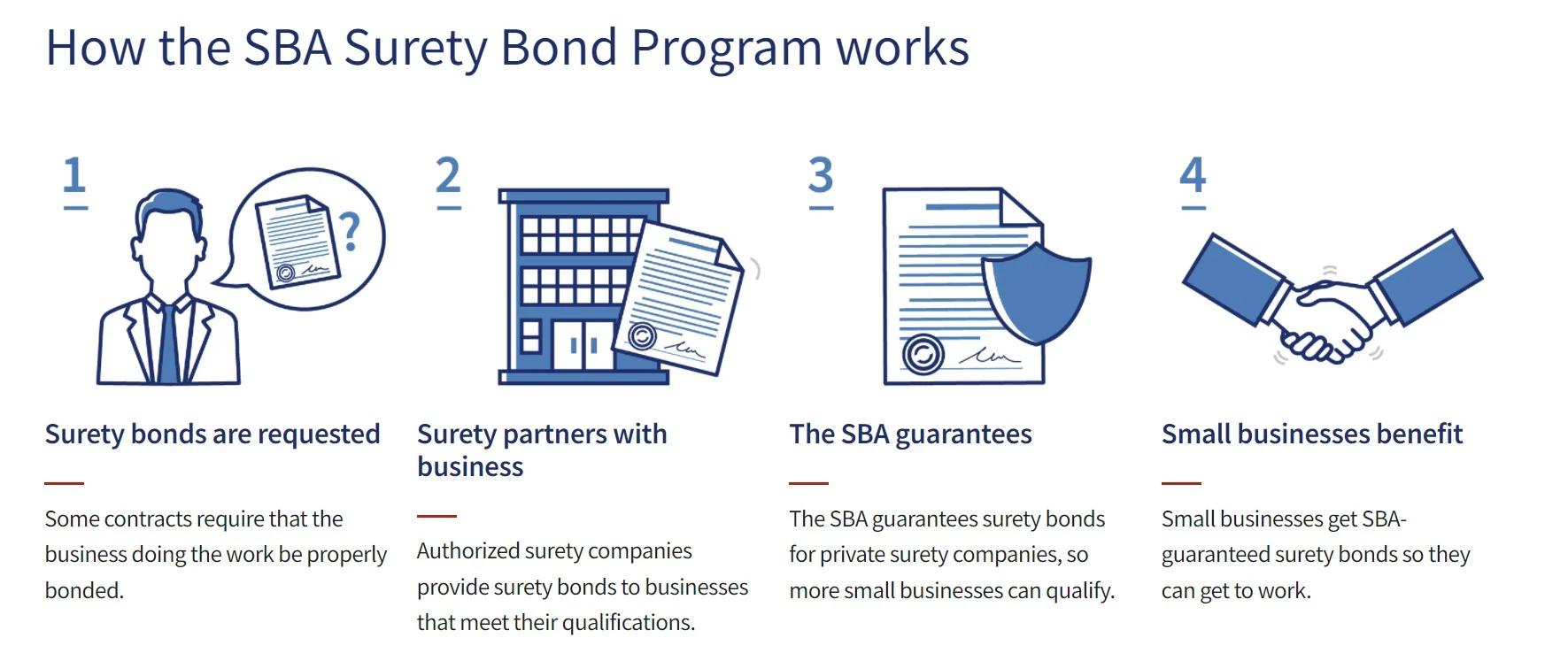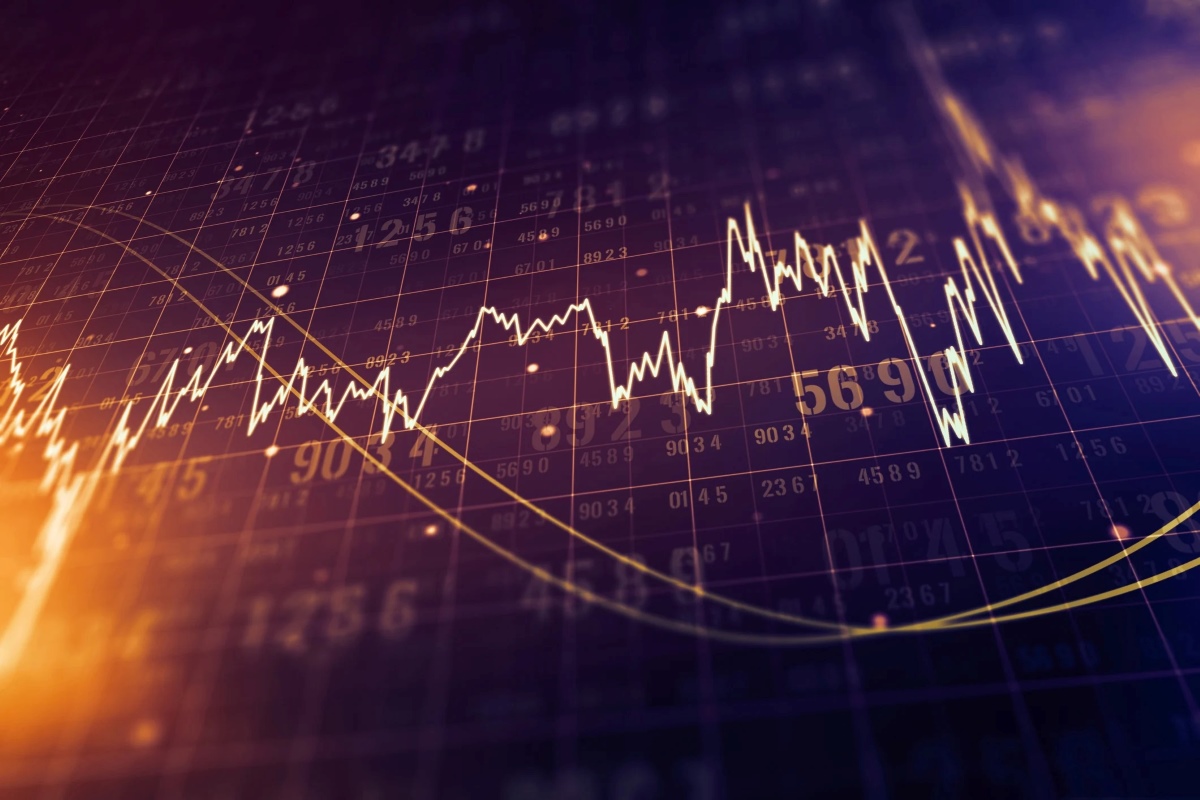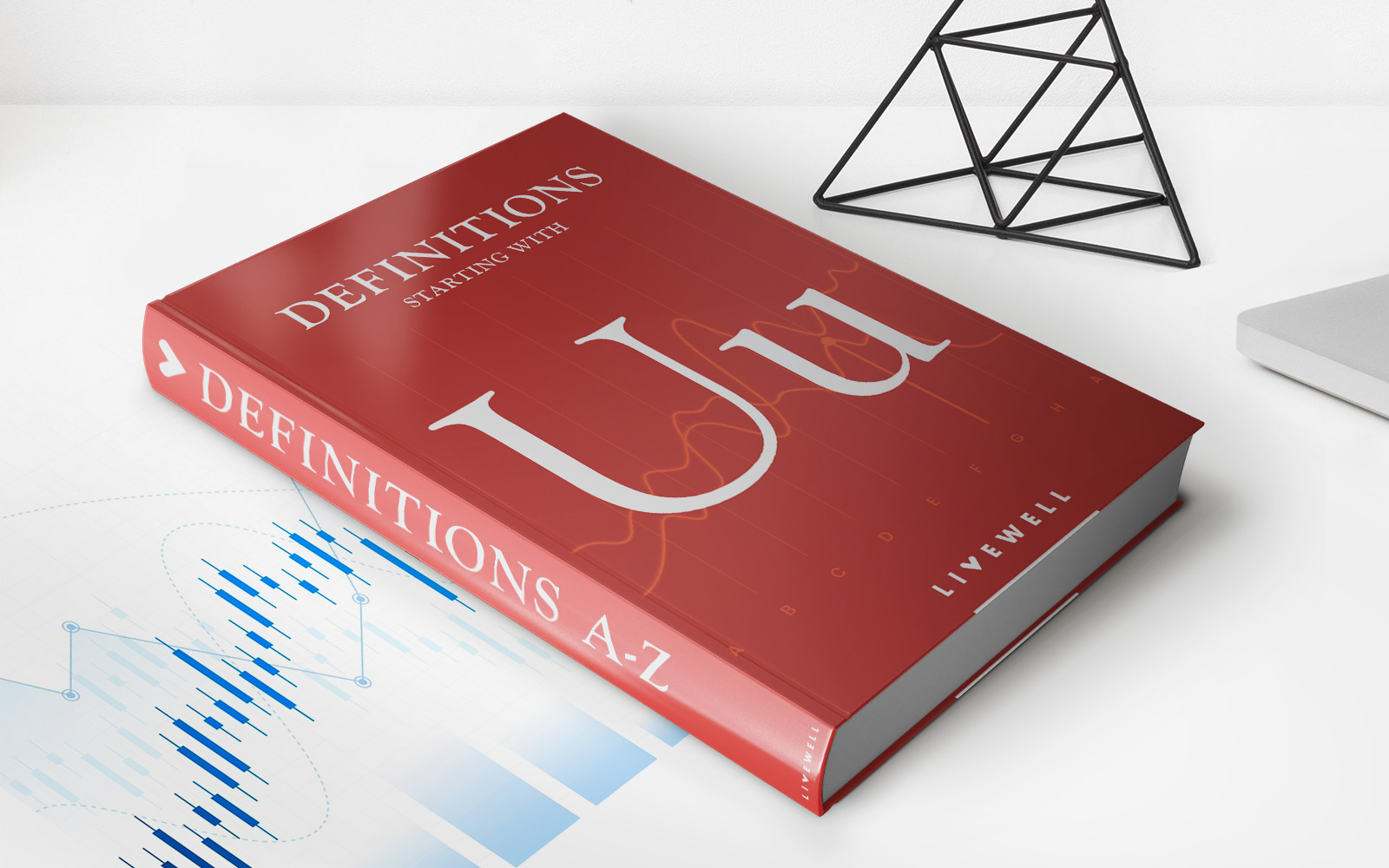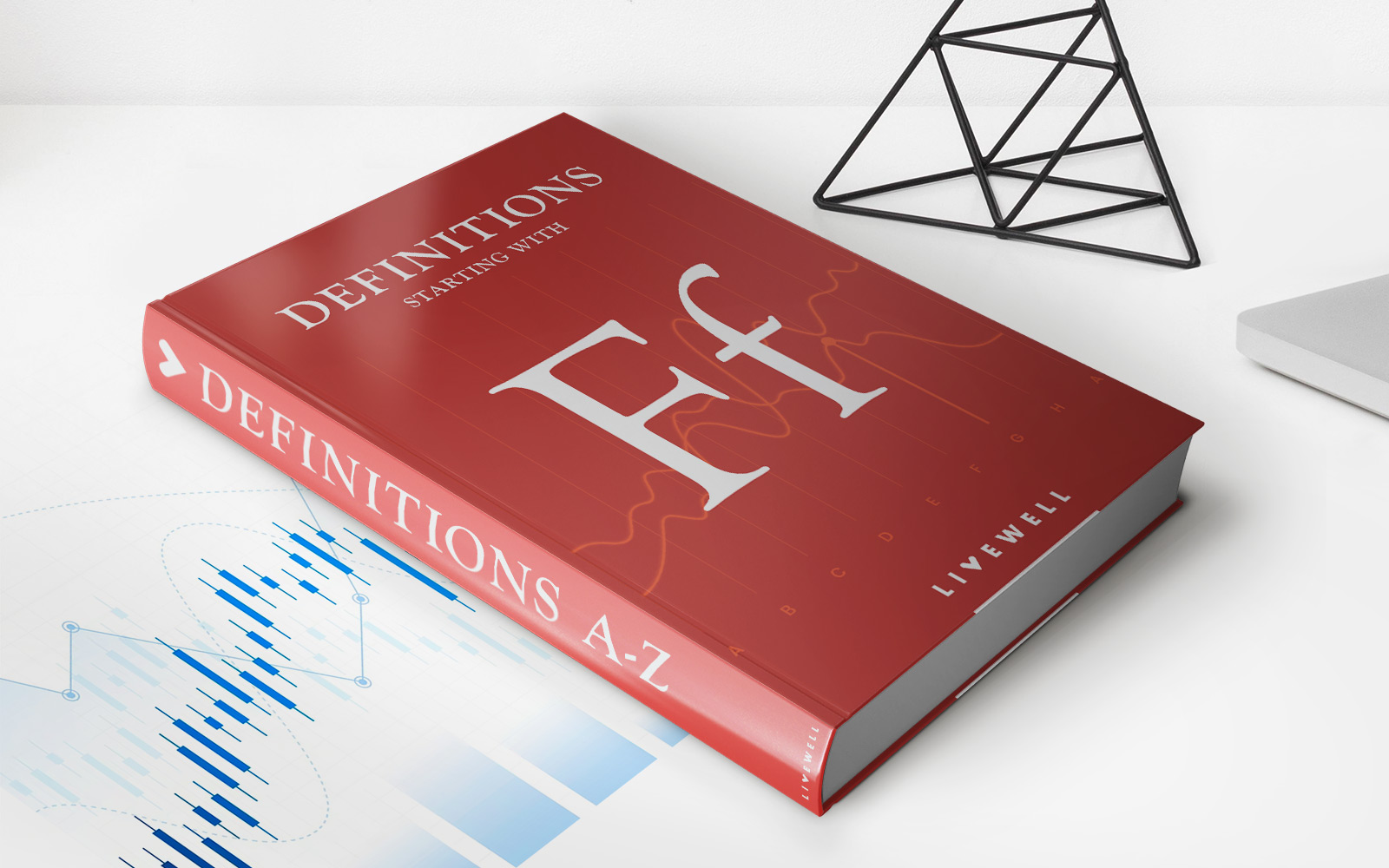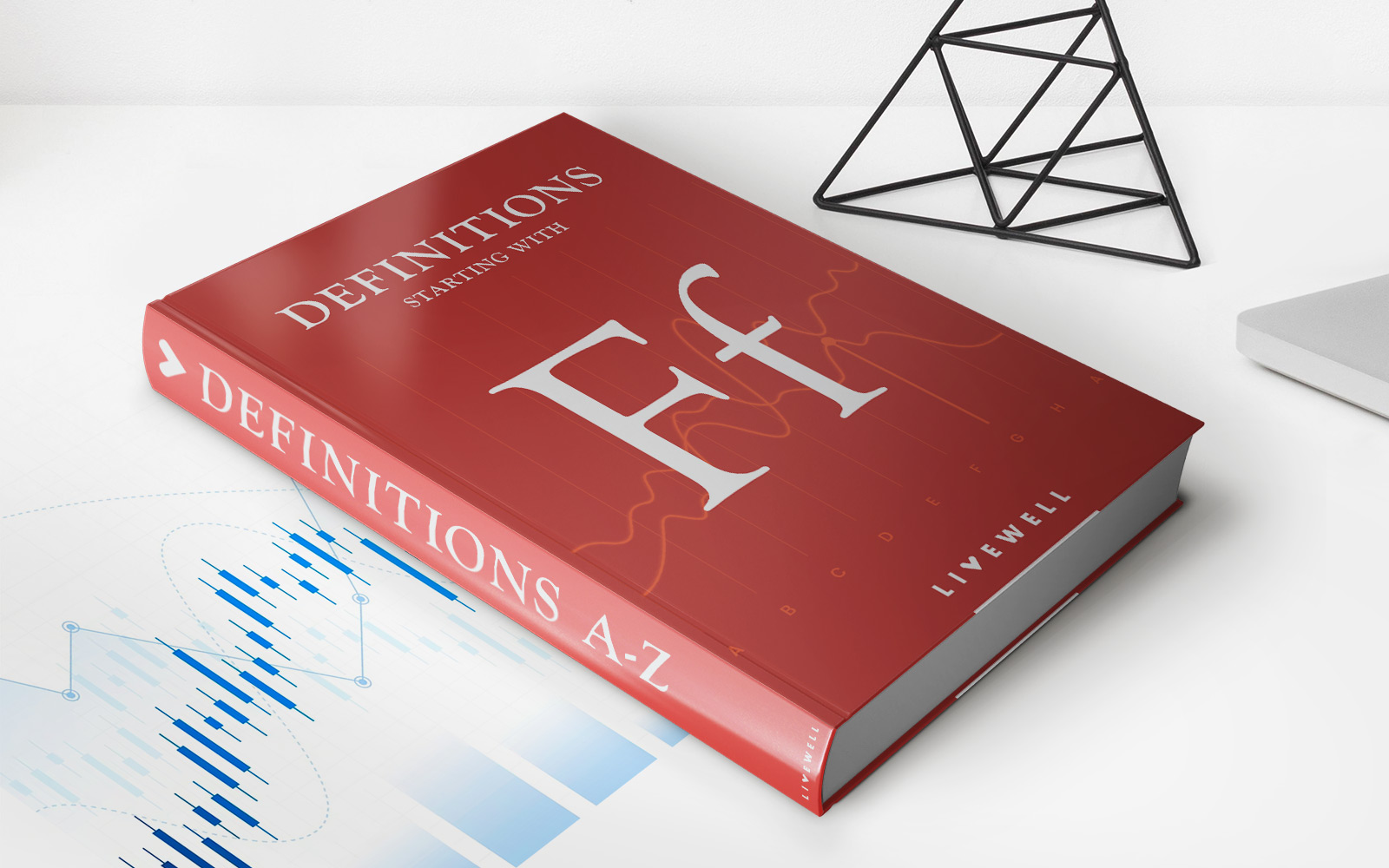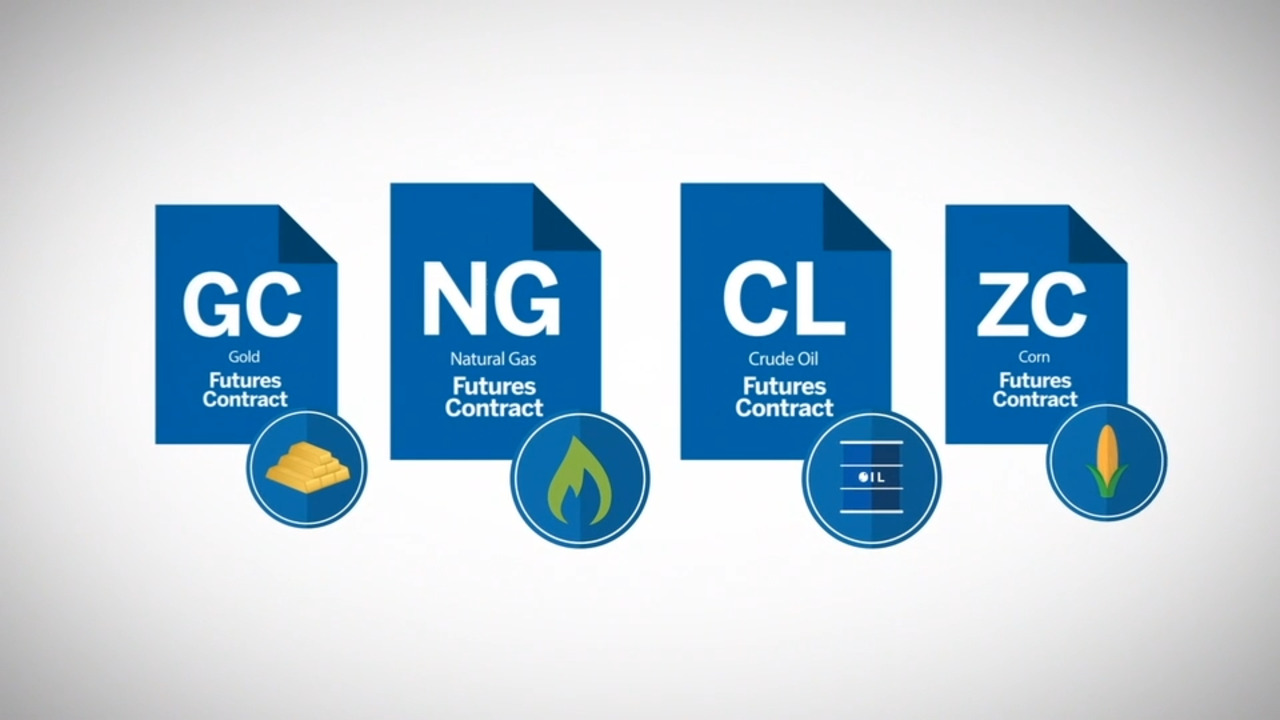

Finance
How Long Do Futures Contracts Last
Published: December 24, 2023
Discover how long futures contracts last and the significance they hold in the world of finance. Gain insight into the duration and intricacies of these financial agreements.
(Many of the links in this article redirect to a specific reviewed product. Your purchase of these products through affiliate links helps to generate commission for LiveWell, at no extra cost. Learn more)
Table of Contents
Introduction
Welcome to the world of futures contracts, where traders and investors can engage in trading various assets, from commodities to financial instruments. Futures contracts are derivative financial instruments that allow parties to buy or sell an asset at a predetermined price on a future date. They serve as essential tools for managing risk, speculative investments, and hedging strategies. Understanding the duration of futures contracts is crucial for participants in these markets.
In this article, we will explore the duration of futures contracts, including how long they typically last and the various factors that can influence their lifespan. We will also discuss common expiration periods and the importance of monitoring contract expirations. So, whether you are new to futures trading or seeking to expand your knowledge, let’s dive in and unravel the fascinating world of futures contract durations.
Before delving into the specifics, it is important to note that futures contracts have a finite lifespan. Unlike stocks or bonds, which can be held indefinitely, futures contracts come with an expiration date. Understanding the duration of these contracts is essential for traders and investors to effectively manage their positions and make informed decisions.
Understanding Futures Contracts
Before we delve into the duration of futures contracts, let’s first gain a clear understanding of what they are. A futures contract is a legally binding agreement between two parties to buy or sell an asset at a predetermined price and date in the future. The underlying assets can range from commodities like oil, gold, and wheat to financial instruments like stocks, currencies, and indices.
One of the key features of futures contracts is their standardized nature. They are traded on regulated exchanges, which specify the contract’s size, expiration date, and delivery terms. This standardization ensures liquidity and transparency in the marketplace, allowing traders to easily buy and sell contracts.
Futures contracts are commonly used for two main reasons: speculation and hedging. Speculators aim to profit from price fluctuations in the underlying asset without owning the asset itself. They take on positions based on their predictions of future price movements. On the other hand, hedgers use futures contracts to offset their exposure to price risk. For example, a farmer might enter into a futures contract to sell their crop at a predetermined price, protecting themselves against potential price declines.
It is important to note that trading futures contracts carries a certain level of risk. The value of the contract is directly tied to the underlying asset’s price, and fluctuations in price can lead to significant gains or losses. Traders must carefully consider market conditions, conduct thorough analysis, and implement risk management strategies when engaging in futures trading.
Now that we have a basic understanding of what futures contracts are, let’s explore the duration of these contracts and how they operate.
Duration of Futures Contracts
The duration of futures contracts refers to the period between their initiation and expiration. Unlike stocks or bonds that can be held indefinitely, futures contracts have a predetermined lifespan. The expiration date is set at the time the contract is created, and it represents the final day on which the contract can be exercised or settled.
The duration of futures contracts can vary depending on the type of contract and the underlying asset. Some contracts have a relatively short duration, with expiration dates within weeks or months, while others can have longer durations that extend to several years. The specific expiration dates are specified by the exchange on which the contracts are traded.
When a futures contract approaches its expiration date, traders have a few options. They can choose to close out their position by offsetting their initial trade with an equal and opposite trade, effectively nullifying their obligation. Alternatively, if a trader wishes to maintain their position, they can roll over the contract by selling the expiring contract and simultaneously buying a new contract with a later expiration date.
It is important to note that the duration of futures contracts is not a fixed timeline. Traders have the flexibility to choose contracts with different expiration dates based on their trading strategies and market outlook. This allows for the implementation of short-term or long-term trading strategies, depending on the market conditions and individual preferences.
Factors Affecting the Duration
Several factors can influence the duration of futures contracts. Understanding these factors is crucial for traders and investors to make informed decisions regarding their trading strategies and contract selection. Let’s explore some of the key factors that impact the duration of futures contracts:
- Market Demand: The duration of futures contracts can be influenced by market demand for a specific asset. Contracts with high demand are more likely to have longer durations, as exchanges may offer contracts with various expiration dates to cater to market participants’ needs.
- Seasonality: Certain commodities and assets exhibit seasonal price patterns. Futures contracts for these assets may have durations that align with the corresponding seasonal demand, allowing traders to capitalize on these price fluctuations.
- Regulatory Requirements: Regulatory bodies may impose specific contract durations to ensure market stability and protect investors. These requirements may differ across jurisdictions and asset classes.
- Liquidity: Liquidity in the futures market can affect contract durations. Highly liquid markets tend to have a broader range of contract expiration dates available, as there is a larger pool of participants willing to trade.
- Volatility: The volatility of an asset can impact the duration of futures contracts. More volatile assets may have shorter durations to mitigate potential price volatility risk, while less volatile assets may have longer durations that reflect their stability.
- Market Outlook: The overall market outlook and economic conditions can influence contract durations. If there is uncertainty or significant expected price movements, exchanges may offer shorter-term contracts to cater to traders seeking to capitalize on these market fluctuations.
Traders and investors should consider these factors and conduct thorough analysis to determine the most suitable contract durations for their trading strategies and risk tolerance. It is important to stay informed about market conditions and monitor any changes in contract durations offered by the exchanges.
Common Expirations of Futures Contracts
Futures contracts typically have specific expiration dates that are standardized by the exchange on which they are traded. These expiration dates can vary depending on the asset class and the exchange. Let’s explore some of the common expirations of futures contracts across different asset classes:
- Commodities: Futures contracts for commodities such as oil, natural gas, gold, and agricultural products often have monthly or quarterly expirations. For example, crude oil futures contracts on the New York Mercantile Exchange (NYMEX) typically expire in the months closest to the delivery month, such as the nearest three months.
- Equity Indices: Futures contracts based on equity indices, such as the S&P 500 or Nasdaq 100, often have quarterly expirations. These contracts may expire on the third Friday of March, June, September, and December, aligning with the end of each calendar quarter.
- Currencies: Currency futures contracts have varied expiration dates depending on the currency pair. Some contracts may have monthly expirations, while others may have quarterly or even longer durations. Expiration dates for currency futures contracts are usually determined by the respective exchange.
- Interest Rates: Futures contracts tied to interest rates, such as Treasury bonds and Eurodollar futures, typically have quarterly expirations. For example, the Chicago Mercantile Exchange (CME) offers Treasury bond futures contracts with expirations in the months of March, June, September, and December.
- Energy: Futures contracts for energy commodities, including natural gas, heating oil, and gasoline, often have monthly expirations. These contracts typically expire in the months closest to the delivery month, providing traders with options for short-term and long-term positions.
It’s important to note that specific exchange rules and contract specifications can vary, so it is crucial to consult the relevant exchange’s guidelines for accurate and up-to-date information on expiration dates.
Traders and investors should familiarize themselves with the common expiration dates for the asset classes they intend to trade. By understanding these expirations, market participants can plan their trading strategies accordingly, ensuring they have sufficient time to manage or roll over their positions before the contracts expire.
Trading and Rolling Over Contracts
As the expiration date of a futures contract approaches, traders have the option to either close out their position or roll over their contract to a new expiration date. Let’s explore how trading and rolling over contracts work in the futures market:
When trading futures contracts, traders can buy (long) if they anticipate a price increase or sell (short) if they expect a price decrease. As the contract nears its expiration date, traders must take action to avoid physical delivery of the underlying asset. Most futures traders are not interested in taking physical delivery, as they primarily engage in speculation or hedging.
To close out a position, traders can enter an opposite trade that effectively nullifies their obligation. For instance, if a trader initially sold a futures contract, they can buy the same contract to offset their position. By closing out the position, the trader locks in their profits or losses and is released from any further obligations related to the original contract.
Alternatively, traders have the option to roll over their contracts to a new expiration date. Rolling over involves simultaneously closing out the expiring contract and opening a new contract with a later expiration date. By rolling over, traders can extend their exposure to the underlying asset without taking physical delivery.
Rolling over contracts allows traders to maintain their market exposure and trading strategies without the need to constantly open and close positions. It is particularly beneficial for traders who have a long-term outlook or wish to continue their speculative or hedging positions.
When rolling over contracts, traders should consider factors such as liquidity, costs, and market conditions. They should ensure that there is sufficient trading volume in the new contract and consider any potential costs associated with rolling over, such as transaction fees or bid-ask spreads.
It is important to note that rolling over contracts does not guarantee profitability or protection against losses. Traders should always conduct thorough analysis and risk management practices when engaging in futures trading.
Overall, trading and rolling over contracts provide traders with flexibility to manage their positions and adapt to changing market conditions. By carefully considering their trading strategies and market outlook, traders can make informed decisions on whether to close out or roll over their futures contracts.
Importance of Monitoring Contract Expirations
Monitoring contract expirations is crucial for traders and investors participating in futures markets. Failing to keep track of expiration dates can lead to unintended consequences and potential losses. Let’s explore the importance of monitoring contract expirations:
1. Avoiding Physical Delivery: For traders who do not wish to take physical delivery of the underlying asset, monitoring contract expirations is essential. By closing out or rolling over positions before the expiration date, traders can prevent the need for physical delivery and associated costs.
2. Managing Risk Exposure: Futures contracts carry inherent risks, including price volatility and uncertain market conditions. By monitoring contract expirations, traders can assess their risk exposure and make informed decisions about when to exit or roll over positions. This helps in mitigating potential losses and managing risk effectively.
3. Maintaining Trading Strategies: Traders often develop specific trading strategies based on market conditions and outlook. Monitoring contract expirations allows traders to ensure the continuity of their strategies by rolling over contracts or closing out positions as needed. It allows for seamless transitions between contract periods and helps traders maintain their trading plans.
4. Capitalizing on Opportunities: Regularly monitoring contract expirations enables traders to identify new contract offerings with longer durations. This allows them to take advantage of new opportunities in the market and adjust their trading strategies accordingly. By staying informed, traders can align their positions with their market expectations and seize potential profits.
5. Preparing for Contract Rollover: For traders who choose to roll over their positions, monitoring contract expirations is critical. It allows them to plan ahead and initiate the rollover process at the appropriate time. By being proactive, traders can ensure a smooth transition while avoiding any gaps in their positions.
6. Compliance with Exchange Rules: Exchanges have specific guidelines regarding contract expirations, including cut-off times for closing out or rolling over positions. By monitoring contract expirations, traders can ensure compliance with these rules and avoid any penalties or disruptions in their trading activities.
Overall, monitoring contract expirations is essential for effective risk management, strategizing, and maintaining a disciplined approach to futures trading. By staying updated on expiration dates, traders can optimize their trading decisions, avoid unnecessary risks, and capitalize on profitable opportunities in the market.
Conclusion
Understanding the duration of futures contracts is a fundamental aspect of successful futures trading and investing. By knowing how long these contracts typically last and the factors that influence their duration, traders and investors can make informed decisions to manage their positions effectively.
Futures contracts provide opportunities for speculation, hedging, and risk management across various asset classes. The duration of these contracts can range from weeks to months or even years, depending on factors such as market demand, seasonality, regulatory requirements, liquidity, volatility, and market outlook.
Traders have the option to either close out their positions or roll over contracts to new expiration dates as the contract approaches its expiration. Rolling over contracts allows traders to extend their exposure to the underlying asset without physical delivery.
Monitoring contract expirations is of utmost importance to avoid unexpected physical delivery, manage risk exposure, maintain trading strategies, capitalize on opportunities, prepare for contract rollover, and comply with exchange rules. Regularly staying updated on expiration dates enables traders to make timely and informed decisions, ensuring the smooth execution of their trading strategies.
As with any financial instrument, engaging in futures trading carries risks, and traders should conduct thorough analysis and implement risk management practices. By understanding the duration of futures contracts and actively monitoring expirations, traders can navigate the futures markets with confidence and increase their chances of success.
So, whether you are a seasoned futures trader or a newcomer to the world of futures contracts, remember to pay close attention to contract expirations, stay informed, and adapt your trading strategies accordingly. Happy trading!

